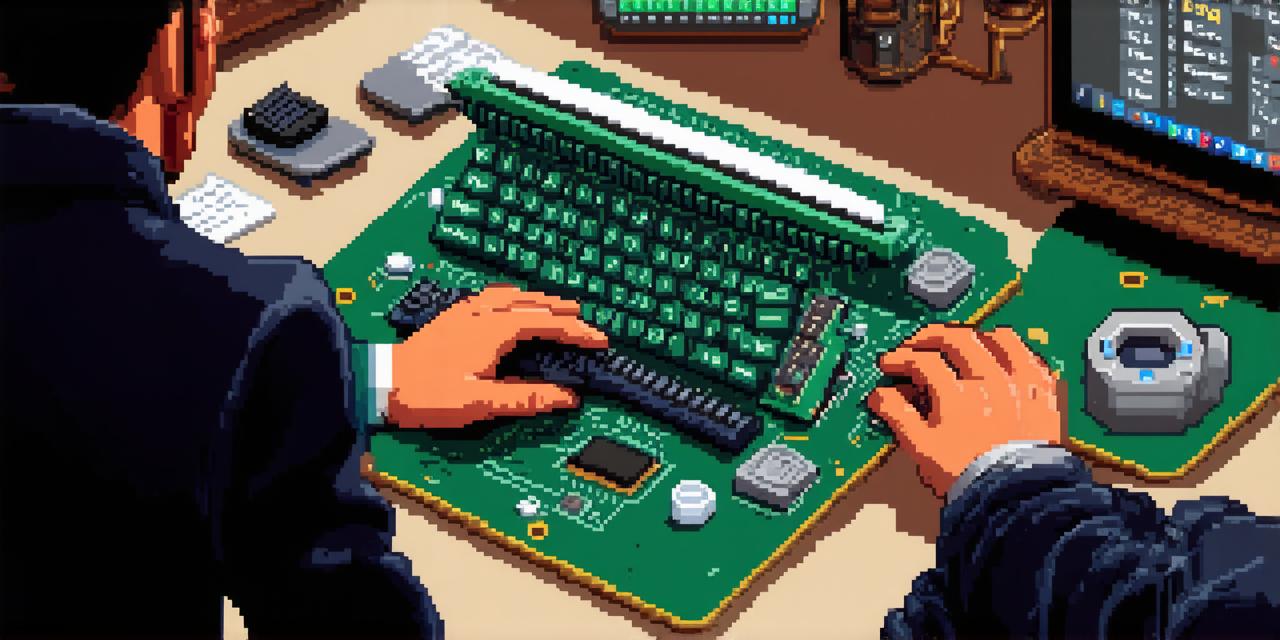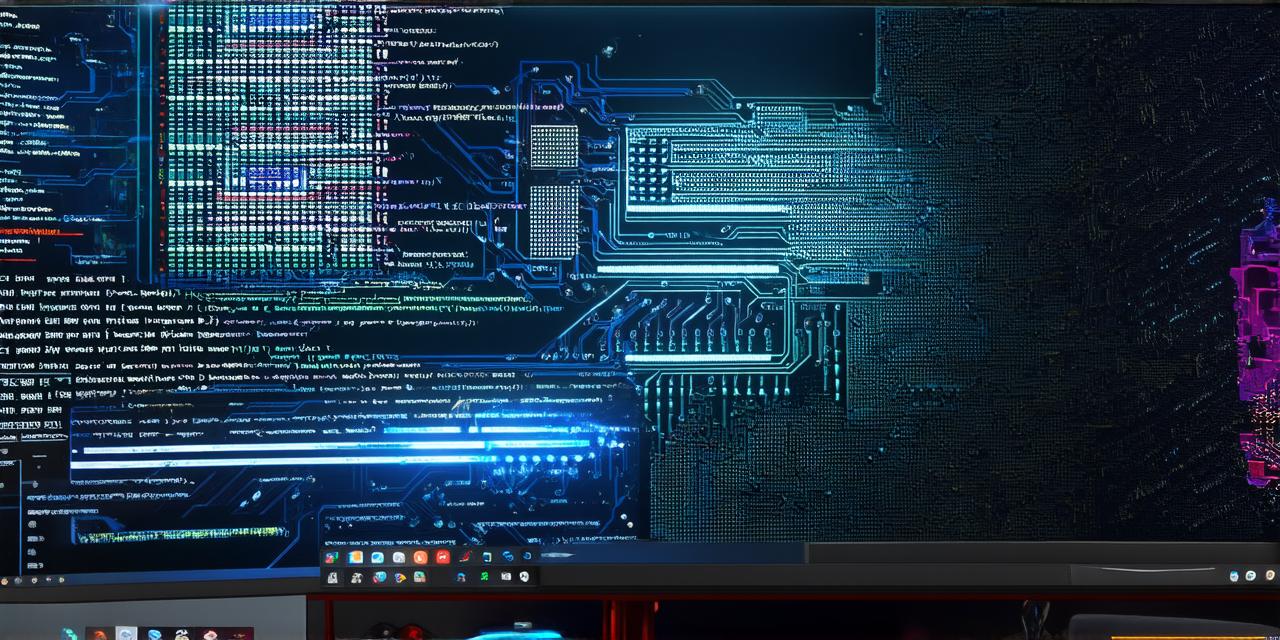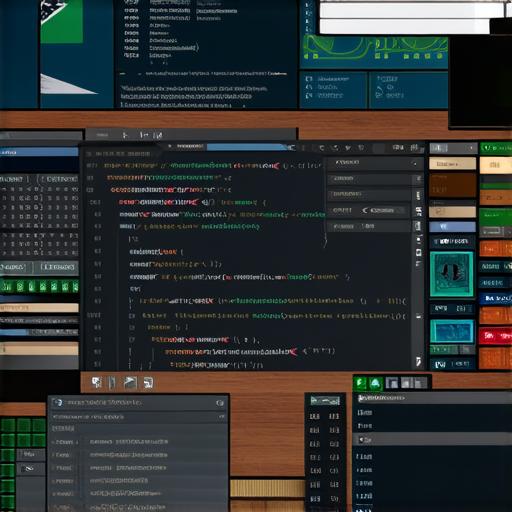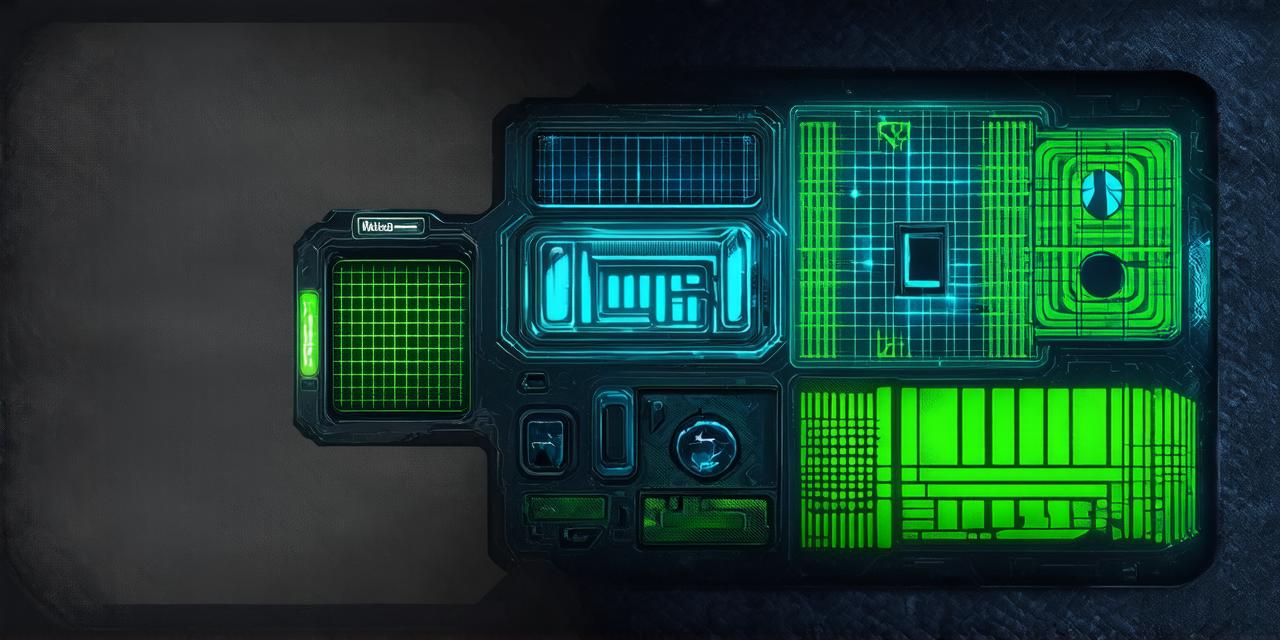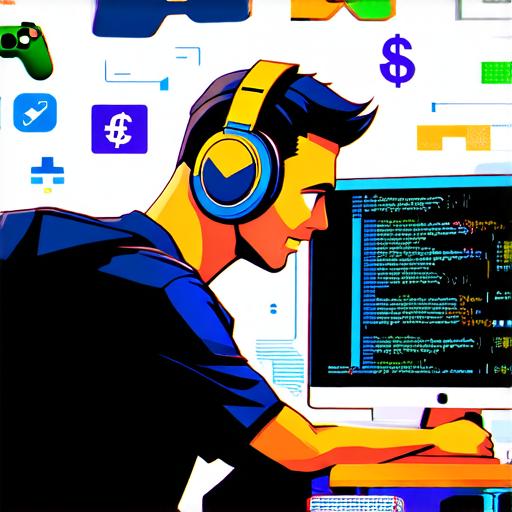Video game developers are responsible for creating interactive and immersive experiences for players. They design, develop, and test games across various platforms such as consoles, computers, mobile devices, and virtual reality systems. In this article, we will explore the key responsibilities of video game developers and provide real-life examples to illustrate their work.
1. Game Design
Game design is the process of creating a game’s concept, mechanics, rules, levels, characters, and environment. Video game designers are responsible for defining the overall vision and direction of the game, as well as designing the gameplay mechanics that make it fun and engaging for players. They use various tools such as Unity, Unreal Engine, and other game engines to create interactive prototypes and playable demos.
For example, the team behind the popular video game “Minecraft” had a clear vision of a block-building simulation game that would allow players to create their own worlds. They used various game design techniques such as procedural generation to make the game’s world feel infinite, and they incorporated various challenges and obstacles to keep players engaged.
2. Programming and Coding
Programming and coding are essential tasks for video game developers, especially for those working in the technical side of game development. They write code in programming languages such as C++, Java, and Python to implement game mechanics, controls, user interfaces, and other features.
For example, the team behind “Fortnite” uses advanced coding techniques such as multi-threading to optimize game performance, and they use various APIs such as Google Maps API to create realistic environments. They also incorporate various analytics tools to monitor player behavior and improve game balance.
3. Art and Animation
Art and animation are crucial aspects of video game development that bring games to life. Video game artists create the visual elements of a game, such as characters, backgrounds, and effects, while animators add movement and life to these elements. They use various software tools such as Photoshop, Maya, and ZBrush to create 3D models, textures, and animations.
For example, the team behind “The Legend of Zelda: Breath of the Wild” had a clear vision for an open-world adventure game with realistic weather effects and dynamic lighting. They used various art and animation techniques such as motion capture to bring characters to life and create realistic environmental effects.
4. Sound Design
Sound design is the process of creating audio elements that enhance a game’s experience, such as music, sound effects, and voice acting. Video game sound designers are responsible for creating audio assets that complement the gameplay mechanics and create an immersive atmosphere for players. They use various software tools such as Pro Tools, Logic Pro X, and Ableton Live to create audio assets.
For example, the team behind “Red Dead Redemption 2” had a clear vision for a Western-themed game with realistic sound effects and music. They used various techniques such as motion capture and field recording to create authentic sounds of nature and vehicles, and they worked closely with voice actors to bring characters to life.

5. Quality Assurance and Testing
Quality assurance and testing are essential tasks for video game developers that ensure the game is free from bugs, glitches, and other issues. They use various testing techniques such as automated testing, manual testing, and user acceptance testing to identify and fix issues before they become significant problems.
For example, the team behind “Overwatch” had a clear vision for a team-based shooter with various characters and modes. They used various quality assurance techniques such as playtesting and bug tracking to identify and fix issues that would negatively impact gameplay.
6. Marketing and Promotion
Marketing and promotion are crucial tasks for video game developers that help them reach a wider audience and generate interest in their games. They use various marketing techniques such as social media advertising, influencer marketing, and PR events to create buzz around their games.
For example, the team behind “The Witcher 3: Wild Hunt” had a clear vision for an open-world adventure game with complex characters and storytelling. They used various marketing techniques such as teaser trailers and fan art contests to generate interest in the game and create a strong brand identity.
Summary
Video game developers are responsible for creating engaging and immersive experiences for players across various platforms. They use various skills such as game design, programming, art, sound, quality assurance, and marketing to bring games to life. By understanding their responsibilities, video game developers can create better games that resonate with players and leave a lasting impact on the industry.
